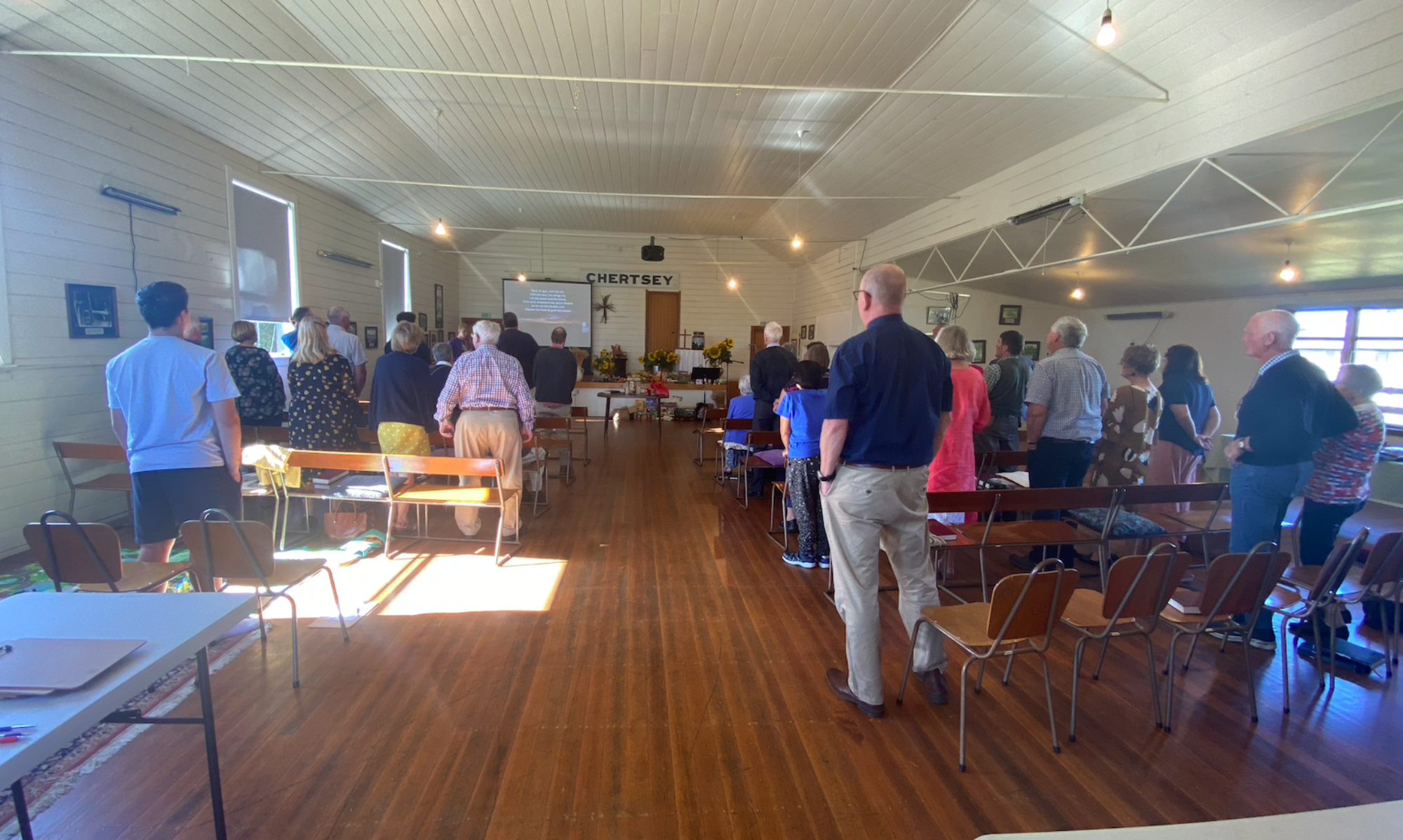Doctrinal basis, its applications and implementation at St. Paul’s Anglican Church – Rakaia District
SECTION 1: DOCTRINAL BASIS
This Church receives and accepts as its Doctrinal Basis:
The canonical books of the Old and New Testaments as the inspired Word of God, containing all things necessary for salvation, and the final authority and unchangeable standard for Christian faith and life.
The Christian faith as declared in creeds known as the Apostles’ Creed, the Nicene Creed and the Athanasian Creed.[1]
Baptism and the Lord’s Supper as the two sacraments ordained by Christ himself.
The Book of Common Prayer as set forth by the Church of England in 1662, together with the Form and Manner of Making Ordaining and Consecrating of Bishops Priests and Deacons and the Articles of Religion agreed in 1562 as the authorised standard of worship and doctrine.[2]
The 2008 Jerusalem Declaration as a contemporary expression of Anglican doctrine and practice.[3]
SECTION 2: APPLICATION OF DOCTRINAL BASIS
St Paul’s Anglican Church is a Christ-centred church in the historic Anglican tradition. It is part of the one holy, catholic[4] and apostolic church of our Lord Jesus Christ, which is the household of God, a pillar and buttress of the truth. Its overarching task is to glorify God, engaging in the Mission of God in all its aspects, led and empowered by the Holy Spirit. Respectful of its particular context—a nation founded on the Treaty of Waitangi, and the principles of partnership enshrined therein—it will:
proclaim the Gospel of Christ and his kingdom, calling all to repentance and faith in him;
disciple believers for the work of ministry in the Church, the community and the world, that we may present everyone mature in Christ;
discern, develop and deploy leaders;
seek to plant the Word and build churches;
promote true worship of God – worship in spirit and truth;
support the suffering Church throughout the world;
proclaim the Lordship of Christ over all creation, working in every sphere to advance the values and purposes of his Kingdom, in accordance with his justice and righteousness;
nurture full communion with other faithful Anglican churches, dioceses and provinces.
SECTION 3: IMPLEMENTATION
St. Paul’s Anglican Church seeks to uphold the Doctrinal Basis and implement it’s applications through a traditional Anglican structure, provided through our affiliation to the Church of Confessing Anglicans Aotearoa New Zealand. This responsibility involves all the members of the church, as well as elected and appointed leaders. These are
Members have a responsibility to hold the minister, vestry and wardens accountable to uphold the doctrine and practice of the church
Vestry is a body of people elected from the church membership to assist the minister and the church in executing the application and implementation of the doctrines of the church
Wardens – there are two wardens one elected (peoples warden) and one appointed (vicars warden), these are involved in the day to day responsibility of holding the minister accountable for upholding the application and implementation of the doctrines of the church
Synod representative – elected representatives provide the church with the opportunity to apply and shape the application and implementation of the doctrines of the church and diocese so that they uphold faithful doctrine and practice at a diocesan/provincial level.
[1] The creeds can be found in ‘The Book of Common Prayer’ – www.bcponline.org
[3] www.gafcon.org/resources/the-complete-jerusalem-statement
[4] catholic – meaning ‘universal’ – referring broadly to the worldwide Christian Church or to all believers in Jesus Christ regardless of denominational affiliation.

